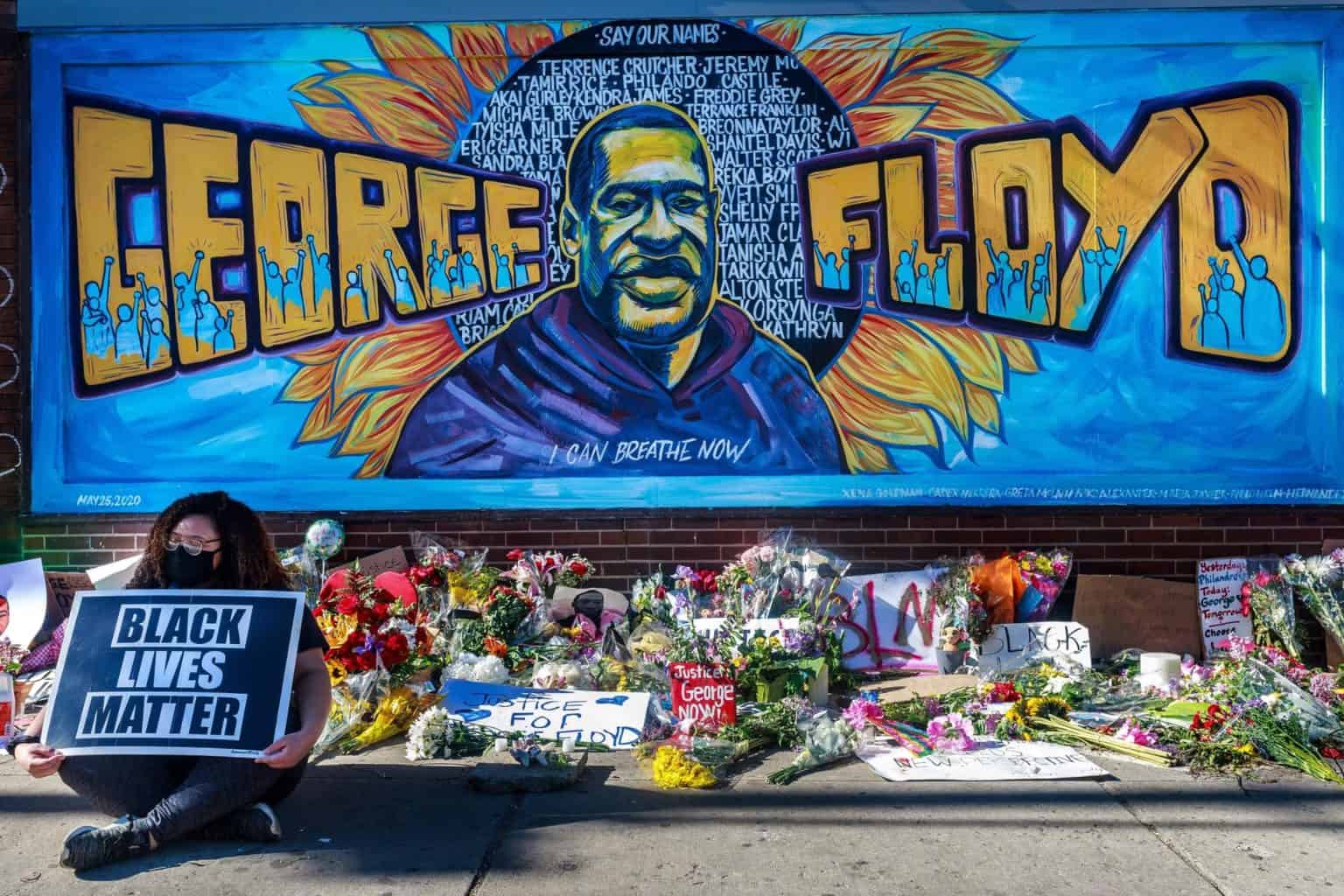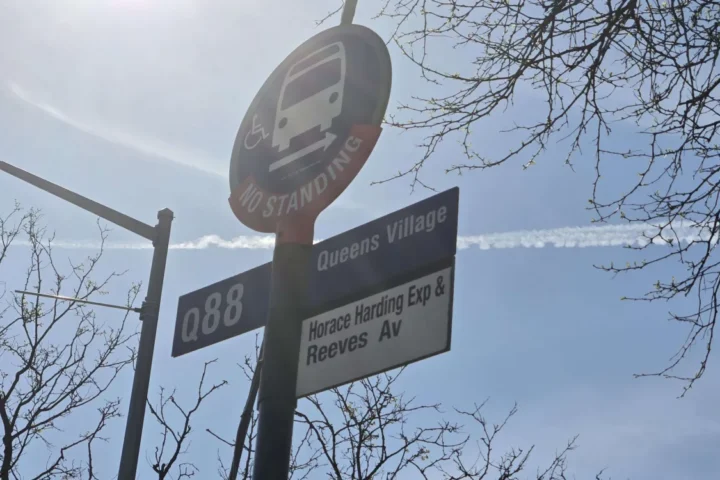Vaishali Patra, Staff Writer
On March 3 of this year, the United States House of Representatives passed the George Floyd Justice in Policing Act. The bill for this act was introduced by Representative Karen Bass in June 2020, at the height of the Protests to introduce police reform across the country. Among other conditions, the act serves to limit qualified immunity, makes it easier to convict law enforcement officers for misconduct, and maintains a national database of complaints against the police.
For nearly a year, George Floyd’s image has been immortalized through art and graffiti across the world. His name has been chanted in the streets along with calls for justice. However, despite the simultaneously historic and sensitive act of naming a law after him, it is important to consider the symbolism this particular action holds for the Black Lives Matter movement.
Shortly after passing the George Floyd Justice in Policing Act, House Democrats held a news conference that was streamed live on national television. At this event, Jerrold Nadler, chair of the House Judiciary Committee, confidently announced that the bill “will clearly not defund the police, that is not the intent of the bill.” It is speculated that this comment was made to garner bipartisan support during a politically tumultuous time. However, in doing so, he was also discounting a central demand of the movement.
Speeches such as these have awakened a certain frustration in many who recognize a pattern in the Democratic Party’s style of governance. Many believe the party commonly invokes rhetoric of helplessness— of their hands being tied, or their efforts diverted by the Republican party— as a way to avoid confronting the flaws in their party. While those who represent the Democratic Party are quite adept at generating a sense of poignance through their speeches, it is questionable whether many promises made in these speeches will be brought to fruition.
As the current leading party, it is integral that the Democratic politicians currently in power do not place the blame of failure upon the circumstances surrounding their efforts. In the past this has often been the case, a prime example of such being how former President Barack Obama responded to confrontations shortly after ordering drone strikes in the Middle East, Africa, and Asia. When this massive act of violence was discussed in an interview with The Atlantic, the President had claimed to be “doing the best that we can in a dangerous world.” However, as more and more actions become compromised, “the best” does not always seem nearly good enough.
Similarly, current President Joe Biden’s term has not been entirely effective in terms of taking proper action. This has already been evident in the president’s earlier failure to enforce a $15 minimum wage. Now, this issue has presented itself once more in the form of the George Floyd Act. While the Democratic party attempts to establish that they have done their best in addressing the protests and Nancy Pelosi assures us that the Bill is “worthy” of being named after George Floyd, the minor reforms the bill introduces do not lead to any systemic change.











